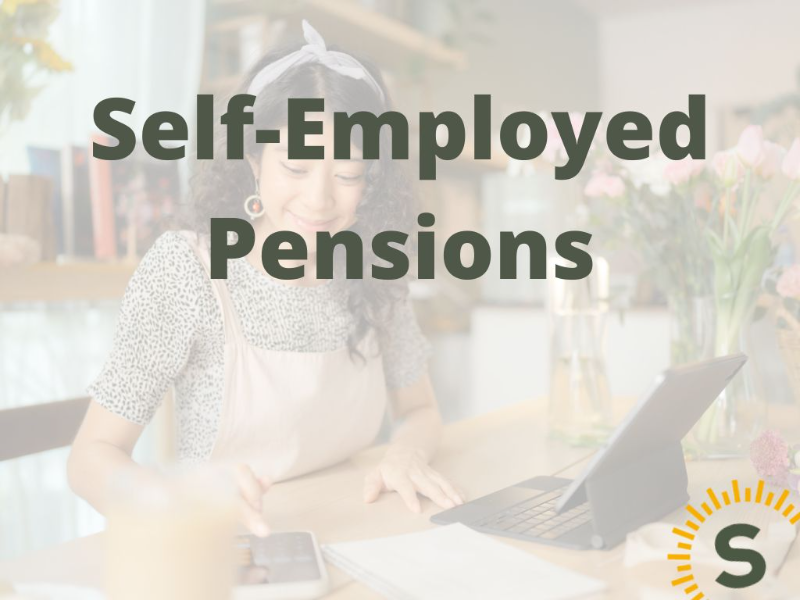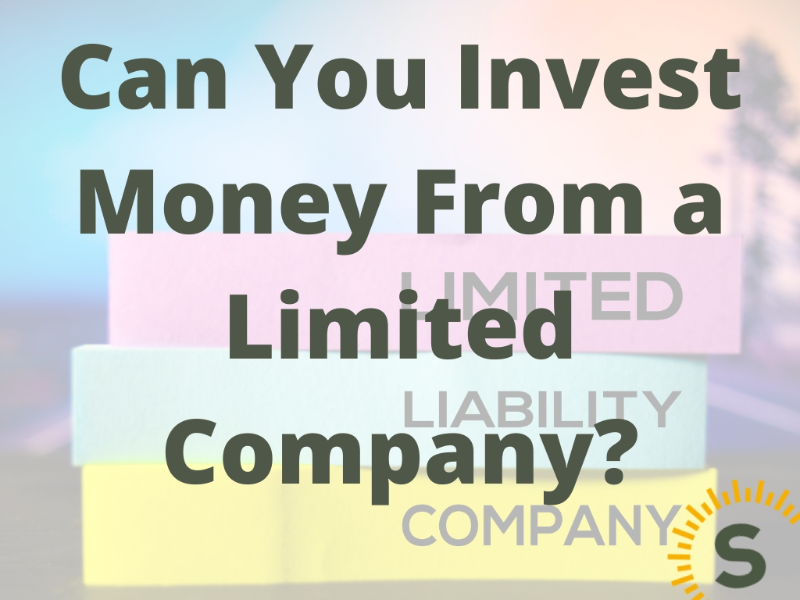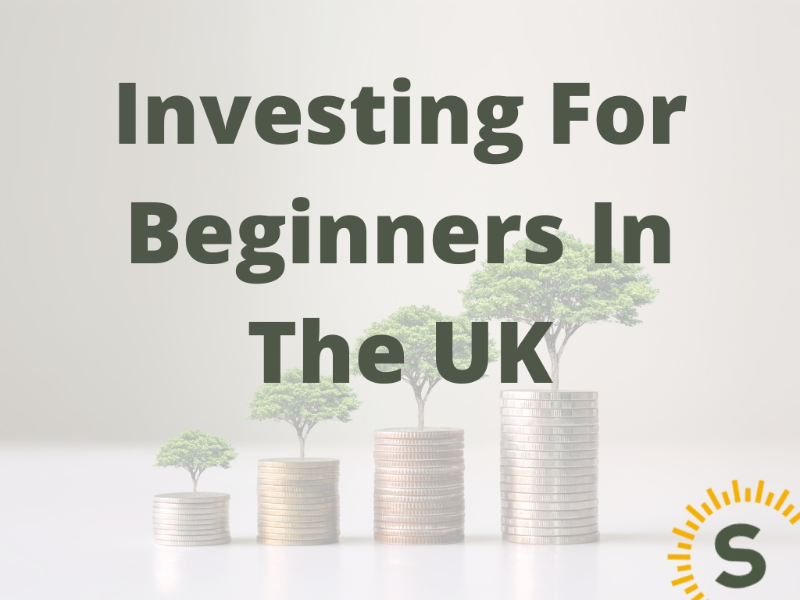
There are many self-employed pensions out there. it can get confusing, especially when retirement seems ages away. However, no one wants to work forever. Fortunately, there are options available to help you get there sooner. By starting early and speaking to a Financial adviser, you could be well on your way to retirement in no time.
In this insight, we are going to provide the detail on all you need to know about self-employed pensions.
Self-employed people have access to two types of personal pensions, also known as private pensions. You will not be able to withdraw any of your pension until the minimum age 55. This is set to increase to 57 in 2028.
The two types of private pension:
A stakeholder pension can be useful for self-employed workers. It allows for:
A SIPP is a personal pension that lets you have more control over what you purchase with the funds in your pot. It allows for:
However, with a SIPP you may face higher fees, and you are at risk of losing returning a lower growth than a standard pension. It also requires time to manage, which you may not have if you are self-employed.
Yes. if you're self-employed, you will not be entitled to a workplace pension scheme. There is no auto-enrolment.
When you are employed, your employer is required, by law, to pay a minimum pension contribution. It's paid to a workplace pension scheme and accessible when you are 55 or 57.
When self-employed, this benefit is not set up for you. You need an income when you retire. Saving into a private pension is the most common way to achieve it. Upon retirement age, you will be able to then choose between a 25% tax free lump sum or an annuity. An annuity offers a regular income as opposed to a one off payment.
You are entitled to the state pension, but only if you have made a minimum of 10 years national insurance contributions.
You need to continue making national insurance contributions for at least 35 years to qualify for the maximum.
The full state pension is currently £185.15 per week. According to Zoopla, the average rent in the UK is £1,175.
The state pension alone simply will not be enough.
The amount you contribute to your self employed pension will depend on two factors:
Financial advisers recommend you aim to pay 10% of your income. However, If age is on your side, you can pay in a smaller amount to your pension. As you get older and approach retirement you may decide to increase your contributions. Be sure to have annual reviews so you stay on track to hit your planned retirement age.
As you pay into your pension, the government will add tax relief to your contributions. If you are a basic rate taxpayer, the relief available is 20%, if you become a higher rate taxpayer, you are able to claim 40% tax relief. This means, if you add a contribution of £100, you will have £140 paid into your pension.
This provides tax benefits as when you are ready to retire, you are able to claim 25% of your whole pension pot tax-free.
For basic rate payers, your tax relief will be added by your pension provider. As a higher-rate taxpayer, you will need to claim the funds as part of your self-assessment return.
There is no clear answer for the best pension provider for self-employed workers.
When choosing a provider you will need to understand the structure of the fees to pay, the type of pension that you are looking for, as well as the maximum and minimum contributions.
Depending on your circumstances, some providers may not be suitable for you. It is always a good idea to discuss your personal needs with a financial adviser.
The government has set up a workplace pension scheme that is available for the self-employed. It is known as NEST. If you are the sole director and you do not employ anyone, you are able to join NEST.
You will need to set up your own contributions through your online NEST account. You are able to pay via direct debit for as little as £10 each time. Contributions you make stay in your pension pot until your chosen retirement date.
NEST provides some Fund options for you to consider to keep your choices simple.
You can obtain more information on NEST on their website
Self-Employed pensions differ from provider to provider. If you begin to look at your options, there are a few factors to be aware of:
Pensions come with charges, it's important to understand what the fee structure is to help you to measure your growth and returns.
Some pensions will have a maximum and minimum contribution. Depending on your personal circumstances you may be restricted by these limits.
Some plans will charge you to transfer out your pension to another provider, it's important to know how much you will be charged if you decide to do so.
There are some pension providers that offer more investment choices than others. This could limit your options when selecting which funds you prefer to invest in.
You can consider the following to assist in you hitting your savings and pension goals:
The earlier you begin to save to your pension, the better. You will have more time for potential growth and more time for potential contributions.
A small increase can make a big difference when you come to retire. If you can allocate additional funds to your pension which you may not make good use of month to month then it is a good idea to do so.
If you have any old pensions and funds available, you are able to restart your contributions to your pension.
You are able to consolidate your pensions into one to make management easier. You are able to consolidate your pensions to an option with fewer fees. As the years pass, the fees you pay can add up. If you are currently paying into a pension with a high fee and a poor performance, it may be an option to a pension transfer.
Keep on top of your pensions and ensure you are on track to reach your goals by having annual pension reviews with your financial adviser.
Speaking to a Financial Adviser can help to make your options clearer. An Adviser will make an appropriate recommendation based on your circumstances.
Sources: Gov.uk, Money helper
If you're unsure how to proceed with seeking advice on retirement planning or self-employed pensions, you can complete the Sunny Avenue Fact Find for retirement planning. We use your answers to help us find the best-suited adviser for your needs. Your adviser then contacts you for a no-obligation conversation on how they can help. You decide how to proceed.

Stuart is an expert in Property, Money, Banking & Finance, having worked in retail and investment banking for 10+ years before founding Sunny Avenue. Stuart has spent his career studying finance. He holds qualifications in financial studies, mortgage advice & practice, banking operations, dealing & financial markets, derivatives, securities & investments.
 No minimum
No minimum  Newcastle-under-Lyme, Staffordshire
Newcastle-under-Lyme, Staffordshire Free Consultations
Free Consultations
 No minimum
No minimum  Free Consultations
Free Consultations
 No minimum
No minimum  No obligation consultation
No obligation consultation
 £51,000+
£51,000+  No obligation consultation
No obligation consultation
 No minimum
No minimum  No obligation consultation
No obligation consultation
 No minimum
No minimum  No obligation consultation
No obligation consultation
 £51,000+
£51,000+  Free Consultations
Free Consultations
 No minimum
No minimum  No obligation consultation
No obligation consultation
 £51,000+
£51,000+  Free Consultations
Free Consultations
 No minimum
No minimum  Leicester, Leicestershire
Leicester, Leicestershire Initial fee free consultation
Initial fee free consultation
 £101,000+
£101,000+  Stockton-on-Tees, County Durham
Stockton-on-Tees, County Durham Initial fee free consultation
Initial fee free consultation
 No minimum
No minimum  No obligation consultation
No obligation consultation
 No minimum
No minimum  Coatbridge, Lanarkshire
Coatbridge, Lanarkshire Initial or Ongoing Consultation Fees
Initial or Ongoing Consultation Fees
 No minimum
No minimum  Initial or Ongoing Consultation Fees
Initial or Ongoing Consultation Fees
 No minimum
No minimum  No obligation consultation
No obligation consultation
 No minimum
No minimum  No obligation consultation
No obligation consultation





Our website offers information about financial products such as investing, savings, equity release, mortgages, and insurance. None of the information on Sunny Avenue constitutes personal advice. Sunny Avenue does not offer any of these services directly and we only act as a directory service to connect you to the experts. If you require further information to proceed you will need to request advice, for example from the financial advisers listed. If you decide to invest, read the important investment notes provided first, decide how to proceed on your own basis, and remember that investments can go up and down in value, so you could get back less than you put in.
Think carefully before securing debts against your home. A mortgage is a loan secured on your home, which you could lose if you do not keep up your mortgage payments. Check that any mortgage will meet your needs if you want to move or sell your home or you want your family to inherit it. If you are in any doubt, seek independent advice.